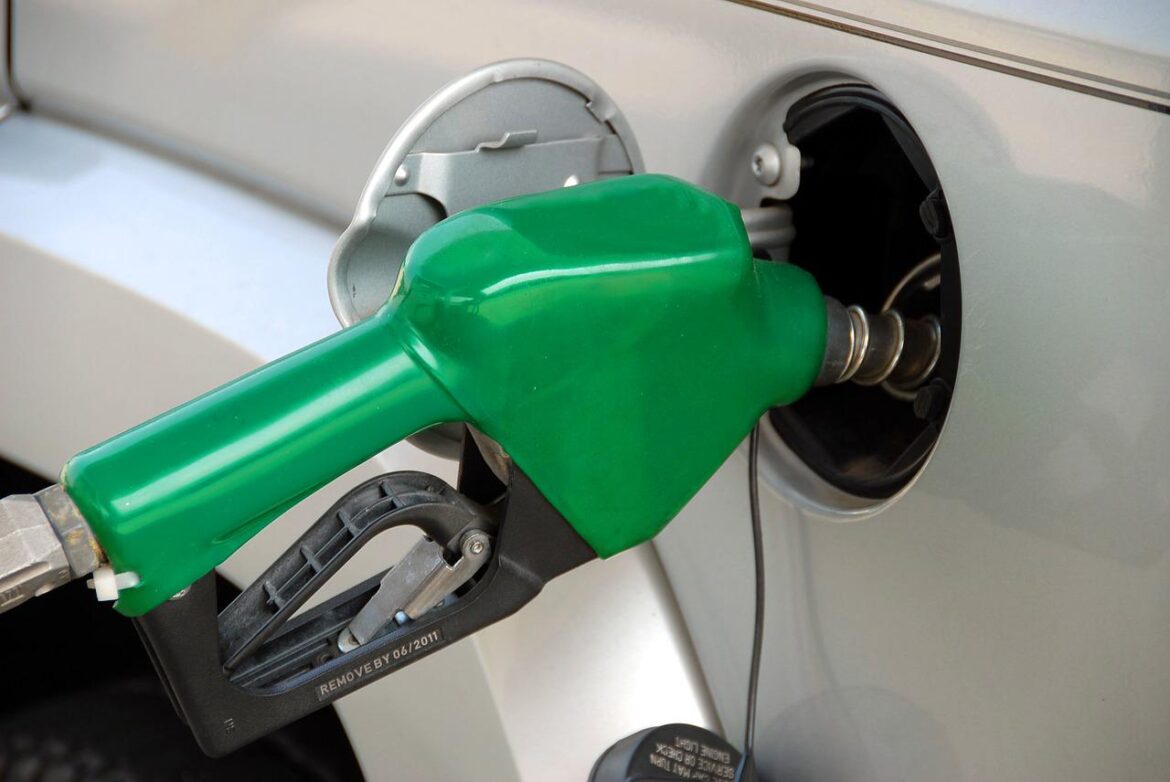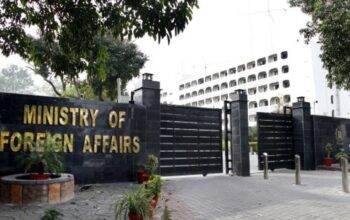By Staff Reporter
ISLAMABAD: The government has kept petrol prices steady while trimming the cost of high-speed diesel by Rs2 per litre for the fortnight ending May 31, marking the third time in two months it has refrained from fully passing on lower international oil prices to consumers.
The move, announced late Thursday by the Ministry of Finance, aims to offset a Rs34 billion loss to the oil industry tied to a tax loophole in the Finance Bill 2024-25.
The Oil and Gas Regulatory Authority (Ogra) adjusted petroleum product prices in response to global market shifts, setting the ex-depot price of high-speed diesel at Rs254.64 per litre, down from Rs256.64. Petrol’s ex-depot price remains unchanged at Rs252.63 per litre.
To address the industry’s financial hit, the government has raised the Inland Freight Equalisation Margin (IFEM) by Rs1.87 per litre on both fuels.
The Rs34 billion shortfall stems from a reclassification of petroleum products as “exempt” under the new Finance Act, making input sales tax non-refundable for refineries and oil marketing companies (OMCs). The Petroleum Division, which pegged the fiscal year 2025 impact at Rs34 billion, proposed recovering the loss through the IFEM over 12 months, with the adjustment set to lapse in the 13th month.
Over the past two months, the government has withheld roughly Rs18 per litre in potential price cuts to curb petroleum consumption. This restraint, enabled by a presidential ordinance hiking the petroleum development levy (PDL), has freed up funds for electricity subsidies and highway projects in Balochistan and Sindh.
Petroleum products remain a cornerstone of government revenue, with monthly sales of petrol and high-speed diesel ranging from 700,000 to 800,000 tonnes—dwarfing kerosene’s 10,000 tonnes. The tax structure is hefty: Rs78 per litre in PDL and Rs17 per litre in customs duty apply to both petrol and diesel, regardless of whether they’re locally produced or imported. Distribution and dealer margins add another Rs17 per litre, bringing the total tax and levy burden to about Rs96 per litre. General sales tax (GST) on petroleum products, however, remains at zero.
The price adjustments carry distinct economic implications. High-speed diesel powers Pakistan’s transport and agriculture sectors—trucks, buses, tractors, tube wells, and threshers—making its price a key driver of inflation, particularly for vegetables and other essentials. Petrol, used mainly in private vehicles, rickshaws, and two-wheelers, hits middle- and lower-income households hardest.
Copyright © 2021 Independent Pakistan | All rights reserved




